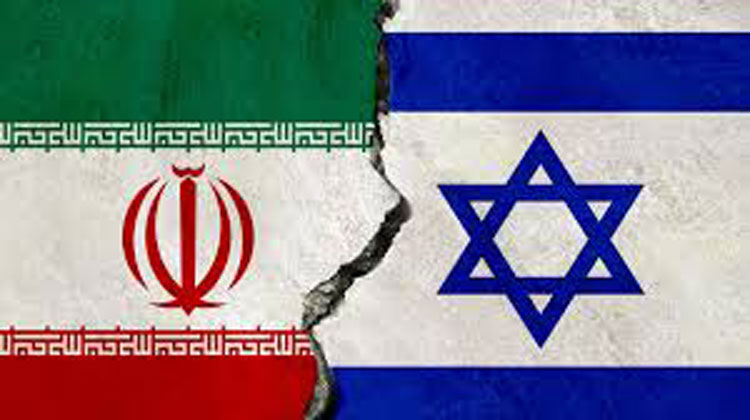Political scientist
Kenneth Waltz clearly explains how a lasting rivalry is built: “Constant tension and mutual opposition, in a plethora of small conflicts on the periphery, prevent major conflicts by making clear the intention to resist aggression”.
Israel and Iran have been developing this dynamic, the first starting from an incisively defensive base and the second trying to surround through subsidiaries. However, the wear and tear suffered by the Arab groups sponsored by Iran and the Russian abandonment of itself in this region have allowed a previously insurmountable line to be crossed: direct attacks, at least if we talk about missiles.
More difficult to imagine was that the United States would do the same: its bombers and submarines caused severe damage to the Iranian nuclear potential. So then, Washington underlines what was being done by Israel, whose attacks had also killed senior Islamic Revolutionary Guard officials and leading nuclear scientists.
The Twelve-Day War between Iran and Israel, as part of a much longer-running conflict involving the United States, has been developed through surgical and symbolic means; weapons have spoken and in most cases have given advance warning.
The message seems to be that Iran will finally have to choose between oil and uranium, as if it were between Ayatollah and Shah of Persia. After all, the island of Kharg is still intact and the Strait of Hormuz remains fluid.
Tehran is touched in terms of military and its external pride, but at the same time with some air in the political. The threat of its two great enemies becomes physical: the invitation to calm down its momentum, before a competition difficult to win, could unite the Persian population towards a more real antagonism.
Nasser, much more humiliated than Ali Khamenei, after the defeat in the Six-Day War with Israel, remained in the power of a less influential Egypt. Although that was another June, in that contest Israel grew and in this one tries to move towards a broader and safer presence in a very different region, where the Persian weakening are added by the Abraham Accords and the idea of the India-Middle East-Europe Economic Corridor.
However, the Jewish state, still enmeshed in the deterioration of its reputation in Gaza and the inexorable exclusive guilt that so many attribute to it, must remember that despite the apparent change in the environment and its undeniable military or technological superiority, is not immune to the admiral’s paradox (because of the peculiarities that made Christopher Columbus a leader in the sea and harmed him as a politician on land): the same characteristics and abilities that make him stand out could prevent him from exercising regional leadership.
